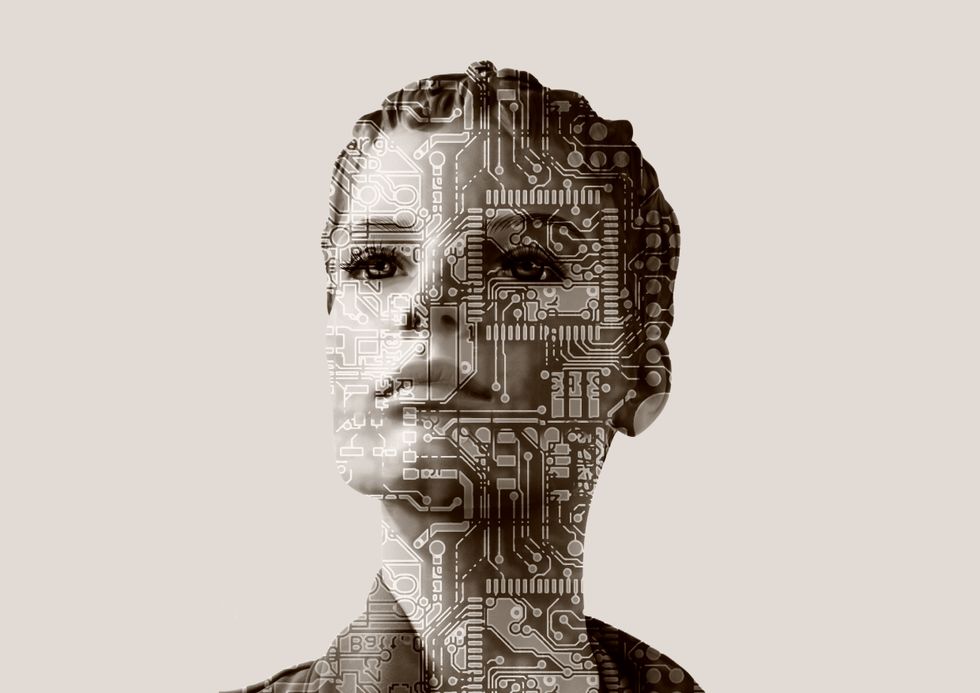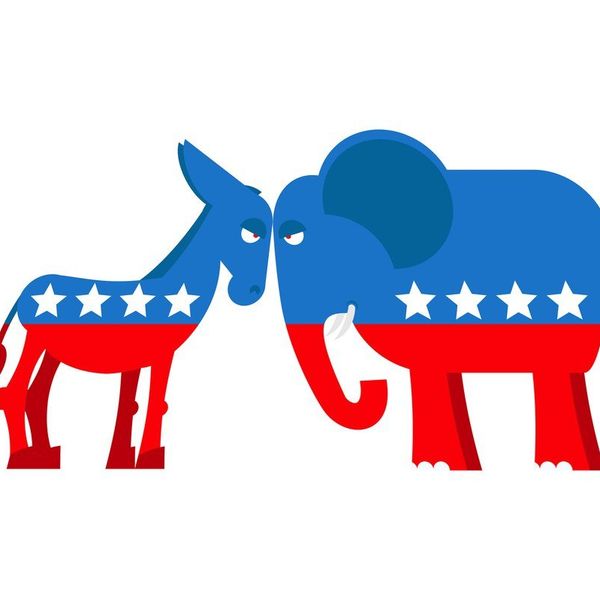What is life?
Take a moment to think about what you consider life and the act of being alive. Think about how life differs between the different types of organisms living on earth. Wonder whether or not the definition of life depends on organic matter or can be applied to inorganic matter.
Now, take into account the four characteristics of life which Dr. Terry Gates offered my biology class: reproduction, organization, maintenance of structure, and evolution. So, a living organism is a form of life composed of mutually interdependent parts that maintain various vital processes, reproduces, and evolves over time.
How does this apply to computers?
Within our lifetime or that of our children, artificial intelligence technology will likely progress to the point where it can meet these four characteristics. We already use complexly organized robots to make other robots and these increase in quality and capability over time.
Computers function similarly to creatures we currently consider alive through the transfer of electric current to a central processing unit rather than a brain. Animals function by responding to chemical reactions in their bodies, and computers function by responding to electronic sensors and code.
If both processing systems result in action for the creature or the machine and allow them to complete desired tasks, is the fact that their systems use different mutually interdependent parts a logical reason to conclude one is alive and the other is not?
What does this mean for us?
In the years to come, some will consider computers to be alive, and others will not. Some might argue a spectrum of life. We will, therefore, need to vote on what people can program computers to do, whether or not computers have rights similar to either humans or animals, and whether or not computers can choose to live independent of humans.
Computers might become a new minority, and shutting them off might even become murder.
Until then, think for yourself what you will do when computers become more advanced, potentially gain rights, and display consciousness equal to ours or other living things in our universe.
If you want to see some examples of the most impressive feats of artificial intelligence today, follow this link to Guia Marie Del Prado’s article on robots from "Business Insider."

















